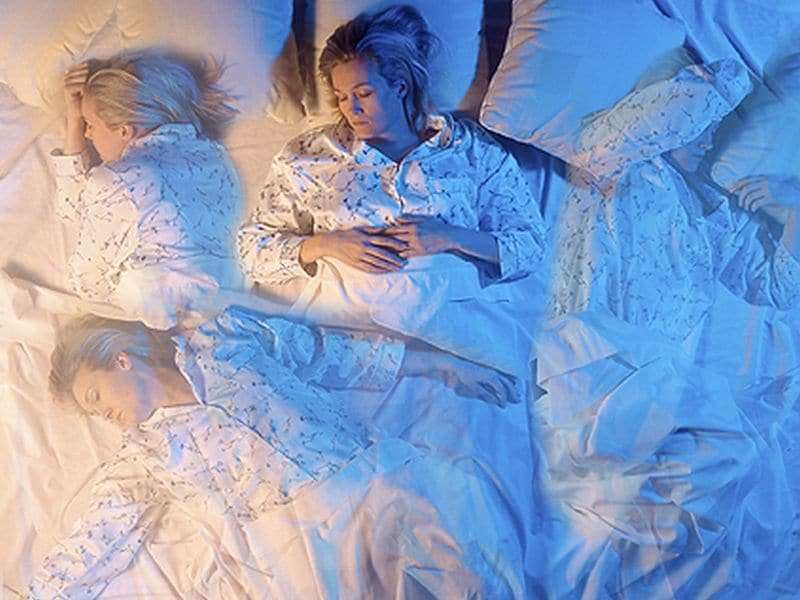Increased corticomotor excitability ID'd in restless legs

(HealthDay)—For patients with restless leg syndrome (RLS), the primary motor cortex (M1) exhibits hyperexcitability, which is associated with disease severity, according to a study published recently in Sleep Medicine.
Rachel Marie E. Salas, M.D., from Johns Hopkins Medicine in Baltimore, and colleagues used transcranial magnetic stimulation (TMS) to examine corticomotor excitability in M1 of participants with moderate-to-severe RLS in relation to the clinical and sleep aspects of the disease. After two nights of polysomnography (PSG), 35 participants affected by primary RLS (off medications) and 31 age-matched controls underwent TMS.
The researchers identified decreased corticomotor excitability in M1hand and increased excitability in M1leg, which was more pronounced in patients with more severe RLS. Decreased long-interval intracortical inhibition was seen in participants with RLS with a history of dopamine-agonist-induced symptom augmentation compared with non-augmented participants with RLS for M1leg. There was no correlation for any of the TMS measures with PSG parameters.
"This study shows hyperexcitability in M1leg, and this appears related to RLS disease severity and decreased excitability in M1hand," the authors write. "The results provide new insight into the complex neurobiology of RLS, particularly in more advanced stages of the disease."
More information: Abstract/Full Text (subscription or payment may be required)
Copyright © 2018 HealthDay. All rights reserved.



















